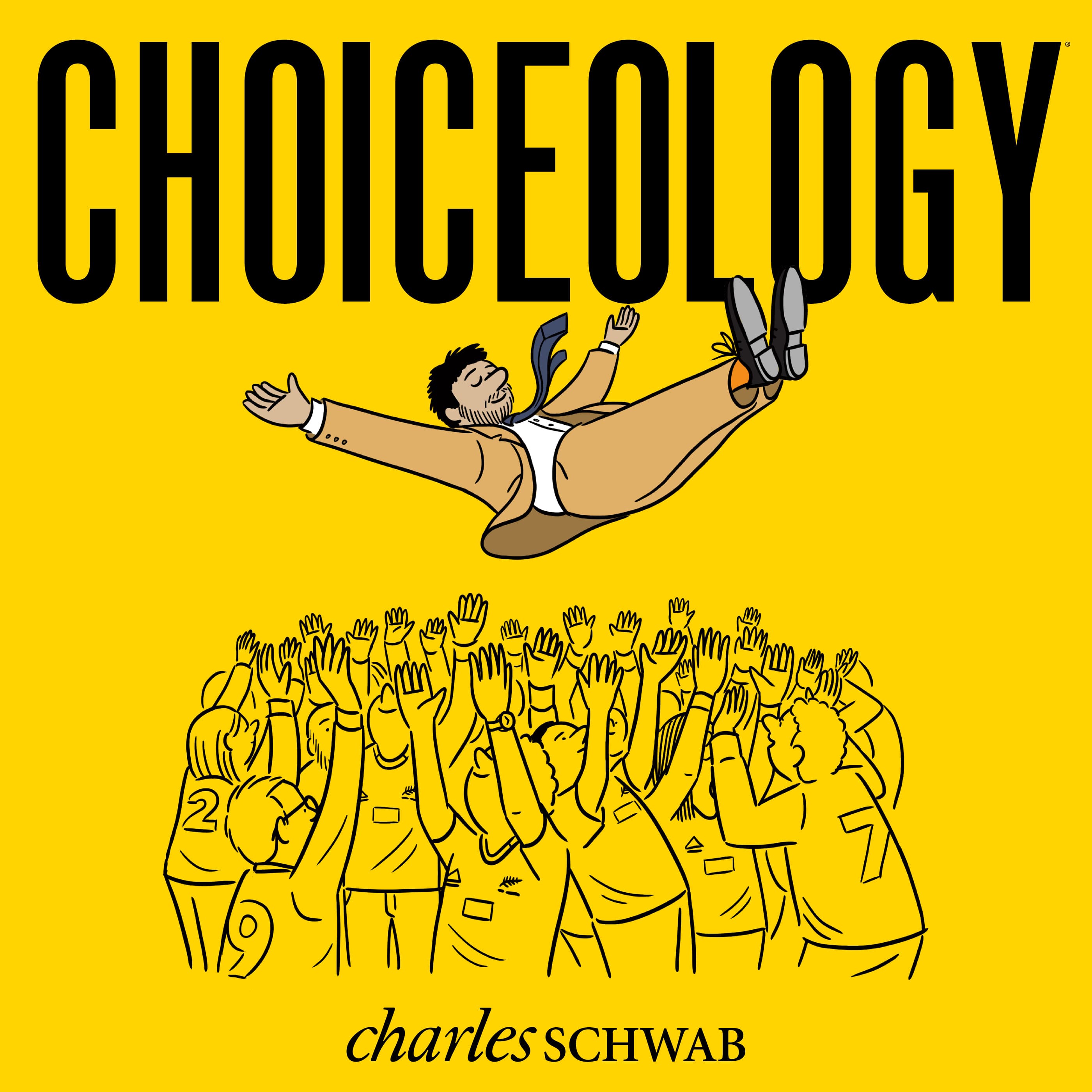More Than a Feeling: With Guests Jamie Wall, Mona Krewel & Alex Edmans
While it's nice to think of ourselves as rational decision-makers, more often than not, emotion plays a role in how we decide. Some people may spend more on a new car when the weather is nice. Others may take bigger risks than normal after indulging in a sweet dessert. Some may make rash choices following a disappointing end to their favorite TV series.
In this episode of Choiceology with Katy Milkman, we look at how positive or negative sentiment from one part of your life can spill over and affect decisions in another.
In New Zealand in 2011, two seemingly unrelated events—a general election and a Rugby World Cup—may have been connected and influenced by national mood.
Auckland-based author and rugby player Jamie Wall brings us the story of the fabled All Blacks, the New Zealand men's national rugby team, and their nail-biting final match against archrival France. The All Blacks were considered one of the best teams in the world but hadn't won a World Cup in 24 years. While they had home field advantage in 2011, they were facing steeper odds with the loss of several key players to injury during the tournament.
You can read more about rugby and the All Blacks in Jamie Wall's books, including his latest, Brothers in Black.
New Zealand's prime minister at the time, John Key, bucked tradition by announcing a national election earlier than usual in his government's mandate—the country does not have a regular election cycle—and by choosing an election date shortly after the end of the World Cup tournament. Some in the press speculated that this was a calculated move, meant to take advantage of any positive national sentiment that might arise from a World Cup win.
Political scientist Mona Krewel explains how wins and losses in major sporting events can have a measurable effect on the outcome of elections. Monal Krewel is a lecturer in comparative politics with a specialization in the study of elections, political parties, and public opinion at Victoria University of Wellington.
Next Alex Edmans joins Katy to discuss his research into how national sentiment can affect the stock market. National sporting events seem to have an effect on markets as well as elections, particularly after important losses. But in more recent work, Alex explains how he and his collaborators discovered a novel way to measure sentiment on a national level using data from Spotify.
Alex Edmans is a professor of finance at London Business School and the current Mercers' School Memorial Professor of Business at Gresham College. He's also the author of the recent book Grow the Pie: How Great Companies Deliver Both Purpose and Profit.
Finally, Katy reviews several strategies to help you minimize the negative effects of certain emotions on key decisions.
Choiceology is an original podcast from Charles Schwab.
If you enjoy the show, please leave a rating or review on Apple Podcasts.
Learn more about behavioral finance.
Explore more topics
All expressions of opinion are subject to change without notice in reaction to shifting market conditions.
The comments, views, and opinions expressed in the presentation are those of the speakers and do not necessarily represent the views of Charles Schwab.
Data contained herein from third-party providers is obtained from what are considered reliable sources. However, its accuracy, completeness or reliability cannot be guaranteed.
Examples provided are for illustrative purposes only and not intended to be reflective of results you can expect to achieve.
Investing involves risk, including loss of principal.
All corporate names and market data shown above are for illustrative purposes only and are not a recommendation, offer to sell, or a solicitation of an offer to buy any security.
The book How to Change: The Science of Getting from Where You Are to Where You Want to Be is not affiliated with, sponsored by, or endorsed by Charles Schwab & Co., Inc. (CS&Co.). Charles Schwab & Co., Inc. (CS&Co.) has not reviewed the book and makes no representations about its content.
Apple Podcasts and the Apple logo are trademarks of Apple Inc., registered in the U.S. and other countries.
Google Podcasts and the Google Podcasts logo are trademarks of Google LLC.
Spotify and the Spotify logo are registered trademarks of Spotify AB.



